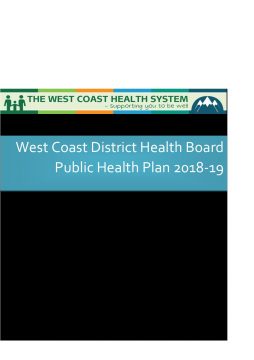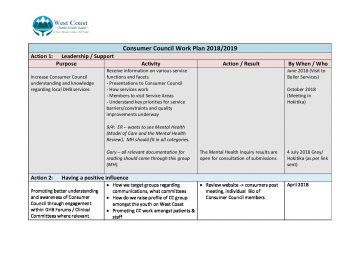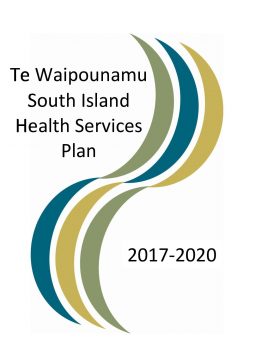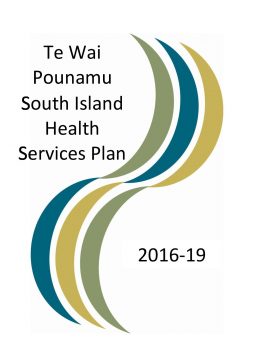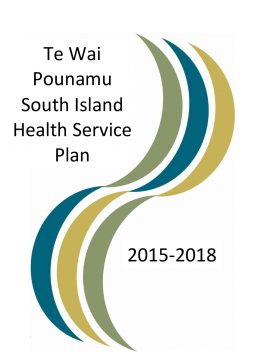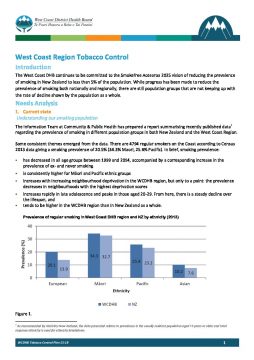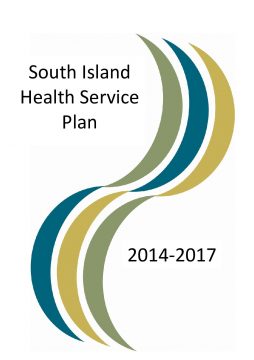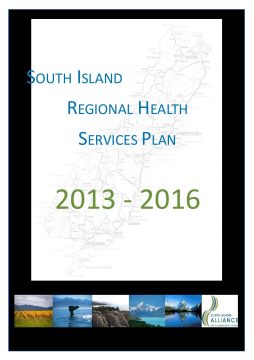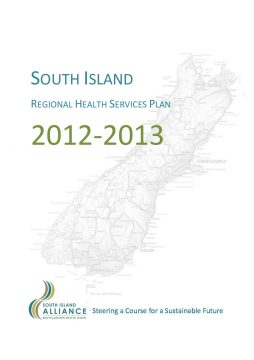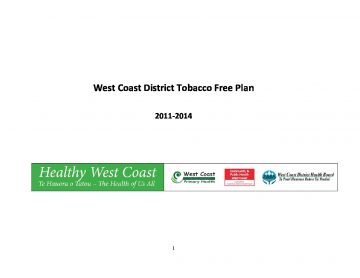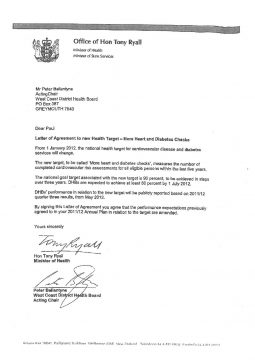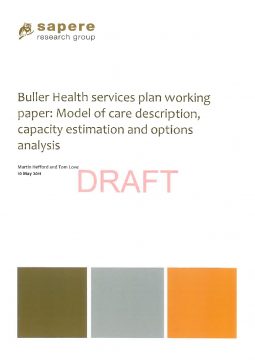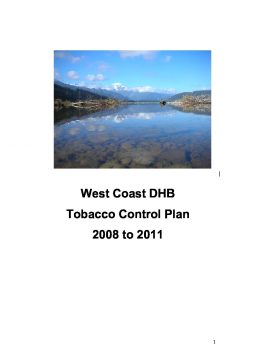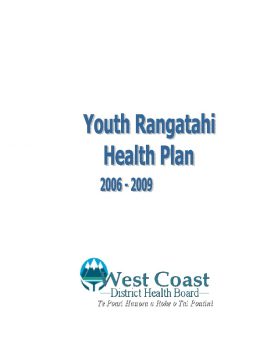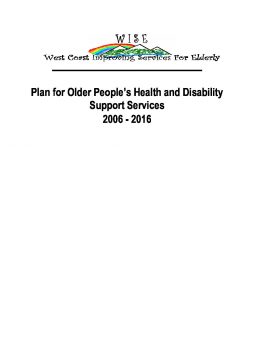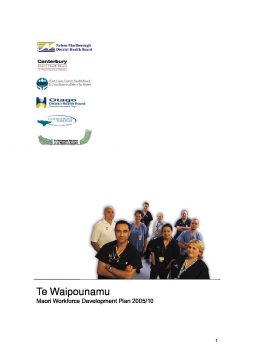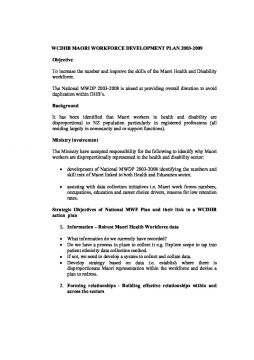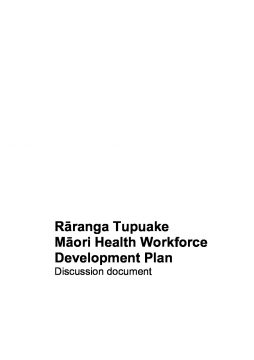The West Coast has a higher percentage of smokers than the New Zealand average, with
25.7% of residents identified as regular smokers. The West Coast DHB has identified smoking
cessation as a key priority to improve the health and well-being of its residents. The West
Coast Smokefree DHB Programme is designed to provide leadership in tobacco control,
implement systems and strategies that support and advocate smokefree lifestyles, and to
support and encourage all health providers to establish and maintain smokefree premises and
services.
This plan provides an outline of the West Coast environment, an overview of the current
smoking rates and exposure of West Coast children to second hand smoke, a stock take of
current smoking cessation services, the key issues, gaps and needs in the provision of
smokefree services, people and environments, the key target groups for smoking cessation
and an action plan for the West Coast Smokefree DHB Programme. Lastly, recommendations
are outlined for the provision of smoking cessation services across the West Coast.
More informationDownload pdf (208KB)

